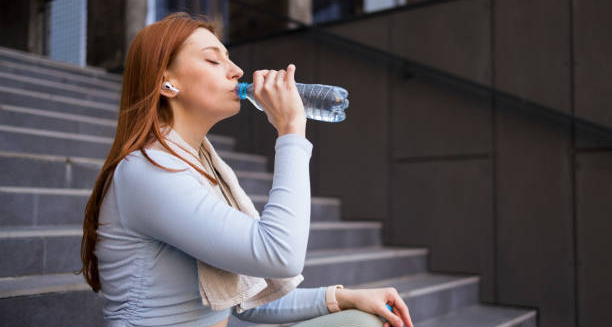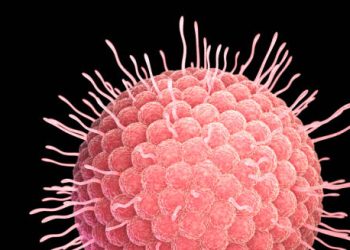Treatment of Dehydration
Treatment of dehydration aims to restore the body’s fluid balance, relieve symptoms, and address the underlying cause. The method of rehydration depends on the severity of the dehydration, the patient’s age, and whether they are able to drink fluids orally. Early treatment is crucial to prevent complications, especially in infants, older adults, and people with chronic illnesses.
Oral Rehydration
Increased oral fluid intake usually manages mild to moderate dehydration:
Water is the most basic and effective choice
Oral Rehydration Solutions (ORS) contain the right balance of salts and sugars to replace lost electrolytes and fluids efficiently
Clear broths, herbal teas, and diluted fruit juices can also help, but limit sugary drinks.
Children commonly use commercially available ORS products like Pedialyte. Sipping small amounts frequently is more effective than drinking large volumes at once, especially if nausea is present.
Intravenous Fluids
Severe dehydration or cases where oral intake isn’t possible require:
Intravenous (IV) fluids, administered in a hospital or clinic
These fluids are typically saline or glucose-based and restore hydration rapidly
Healthcare providers monitor and adjust electrolyte levels as needed.
This approach is essential for patients who are unconscious, vomiting continuously, or experiencing significant fluid loss due to diarrhoea or burns.
Treating the Underlying Cause
Rehydration alone does not suffice if you do not address the cause of dehydration:
Antibiotics may be prescribed for bacterial infections
Antiemetics help control nausea and vomiting
Antidiarrhoeal medications may be used cautiously under medical supervision
Diuretic adjustments may be necessary for people with heart or kidney disease
Supportive Care | Treatment of Dehydration
Rest is encouraged during recovery, as physical exertion can worsen dehydration
In hot climates, people should be encouraged to avoid the sun, stay in the shade, and wear light clothing
Reintroducing food gradually helps restore strength once vomiting or diarrhoea subsides
In summary, treatment of dehydration focuses on fluid and electrolyte replacement and addressing the underlying illness or condition. The quicker the response, the better the outcome and the lower the risk of serious complications.
[Next: Complications and Recovery from Dehydration →]


